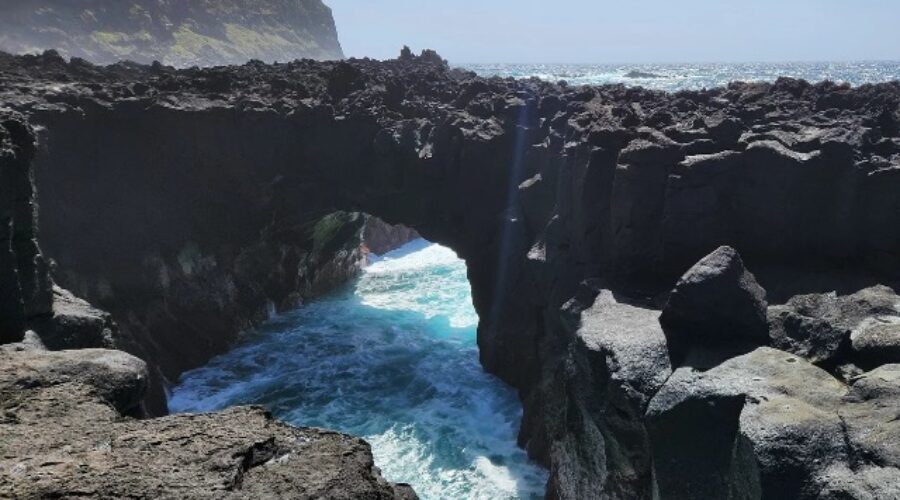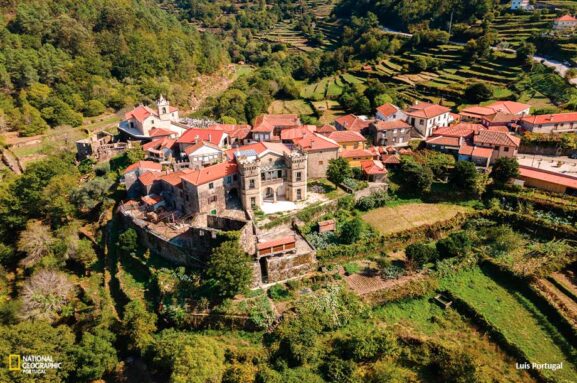Hiking the Azores into lush mountains
Far out in the North Atlantic stretches a rain-swept chain of volcanic islands, the Azores, a distant province of Portugal.
On a day shaped by washes of cloud and sun, Inês Pereira Rodrigues of Lisbon leads the way up a steep trail, part of a network of trekking routes that crisscross the island of Sao Miguel.
“It’s very lush, looks almost like a tropical forest,” Rodrigues says. There are head-high ferns and trees that look ancient. “It’s gorgeous, really gorgeous.”
Sao Miguel is the biggest island in the Azores. The trails are often challenging and rocky, winding like calligraphy along mountain streams.
There are birds everywhere — flocking through the branches, filling the forest with dizzying layers of song.
These islands feel remote. They lie more than 900 miles from the rest of Portugal and roughly 2,400 miles from the east coast of North America. In colonial days, Sao Miguel was a layover port for ships from Portugal traveling to the Americas.
Hiking trails often break out of the forest into wide meadows of emerald grass bordered with the blooming hydrangeas that grow wild in the Azores. At times, the island can feel more like Ireland or Vermont than the tropics.
“There’s cows, black and white cows everywhere,” Rodrigues says, explaining that dairy farms are a symbol and a source of pride for these mountain villages. “All the butter, the good Portuguese butter comes from the Azores.”
There’s a pattern to trekking on Sao Miguel. Steep mountain pathways give way to hillside dairy farms that give way in turn to more tangled forests and rivers.
There’s also a lot of rain, soaking downpours that blow in swiftly from the grey ocean. At times, up in the high country, hikers find themselves in the clouds.
Because of the rain, and the challenging terrain and the lonely location of these islands, there’s also a sense of solitude.
“It definitely feels like we’re in the middle of the ocean,” Rodrigues says. “When we’re at some high lookout point and you can see the water on both sides, there’s a roughness or wildness to the place.”
We’re soaked through, muddy and tired, but as we turn back toward the village below, the clouds break. Sun spills over the forest and the meadows and the distant stormy sea.


